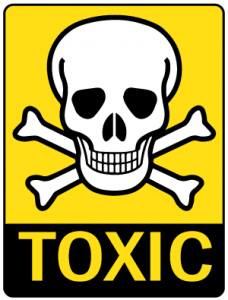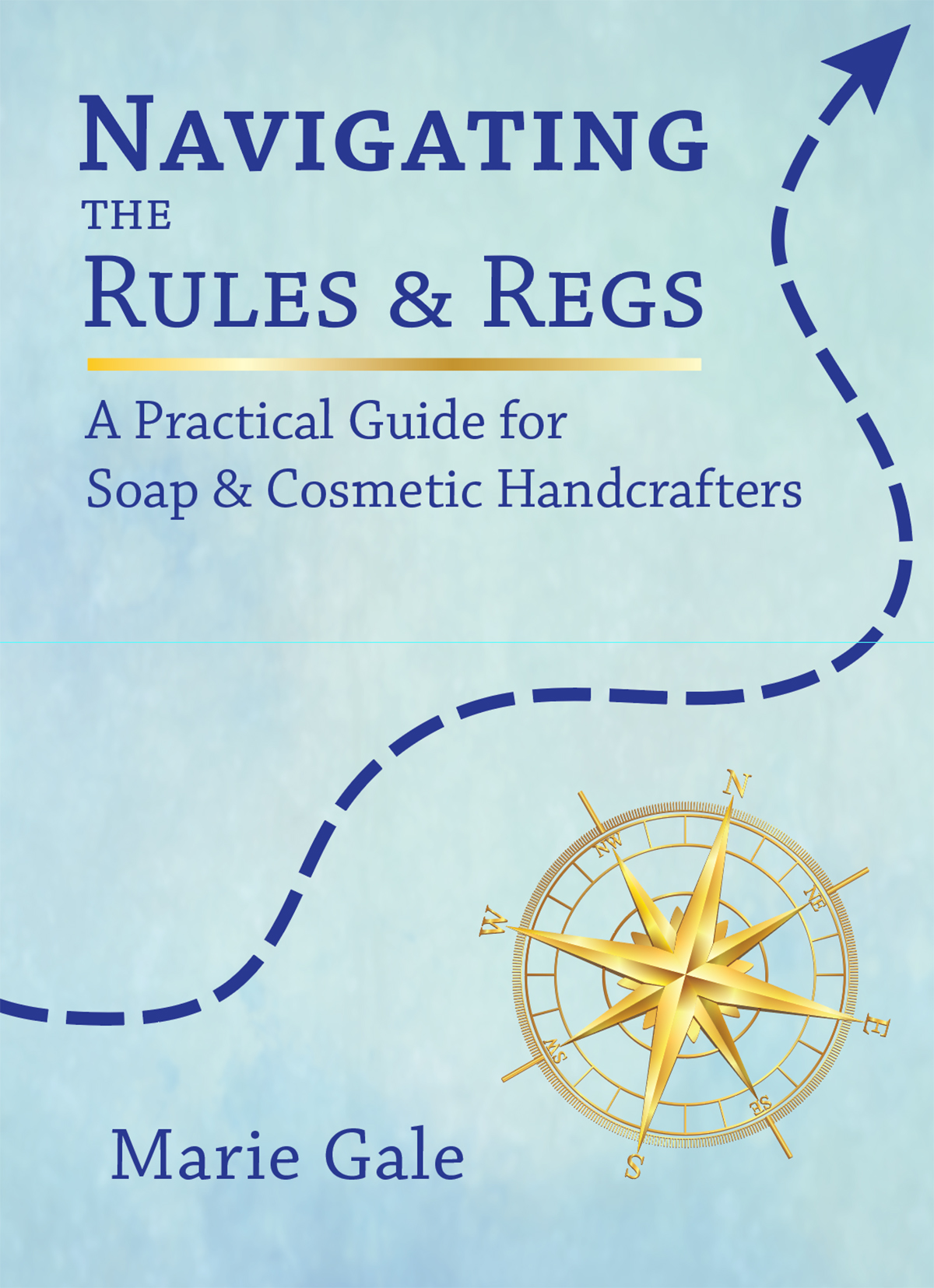If you’re following chemical news, you may have heard that reforms of the Toxic Substance Control Act of 1976 were just signed into law by President Obama.
In very, very brief summary, the revisions to the TSCA passed in 1976 include giving the EPA authority (and a mandate) to test and verify more chemicals for their safety. It also gives the EPA some “teeth” when it comes to enforcing the regulations, gives them authority to collect fees, and pre-empts state law regulating chemicals at the state level (with some exclusions).
While the bill may have impact (probably major impact) in certain industries over time, the good news is that it is unlikely to affect soap and cosmetic handcrafters in the near future (and probably never). Since the handcrafted soap and cosmetic industry already uses extremely safe, often food-grade, ingredients, and stays away from toxic substances generally, it’s unlikely that any of our “normal” ingredients would be regulated. It’s not like we use asbestos or pesticides in our products on a regular basis!

Of course, it is possible that some preservatives (parabens come to mind) might creep their way up the list of chemicals of interest to the EPA. And possibly some components of essential oils could be found at issue (similar to the allergens in the EU) might sneak onto the list. However, it’s unlikely that they are very high up the list of “chemicals of interest.”
The new law requires that within a year the EPA must create a process for determining whether a chemical is “high priority” or “low-priority.” Then they have to start evaluating the at least 10 high-priority substances within 6 months, and must complete evaluation of 20 high-priority and 20 low-priority substances within 3 1/2 years. Of course, there’s a significant review process, public comment, arguing, etc. before the final rules get approved and then there will be a time frame to allow manufacturers to implement changes. Add to that the fact that the FDA will need to incorporate the information into their regulations… and it will be a while before the final effects of the TSCA reform hit the handcrafted soap and cosmetic industry, if they ever do.
So, unless you plan to reformulate with asbestos, mercury, lead or arsenic in your cosmetics, you probably don’t need to worry.



Leave a Reply